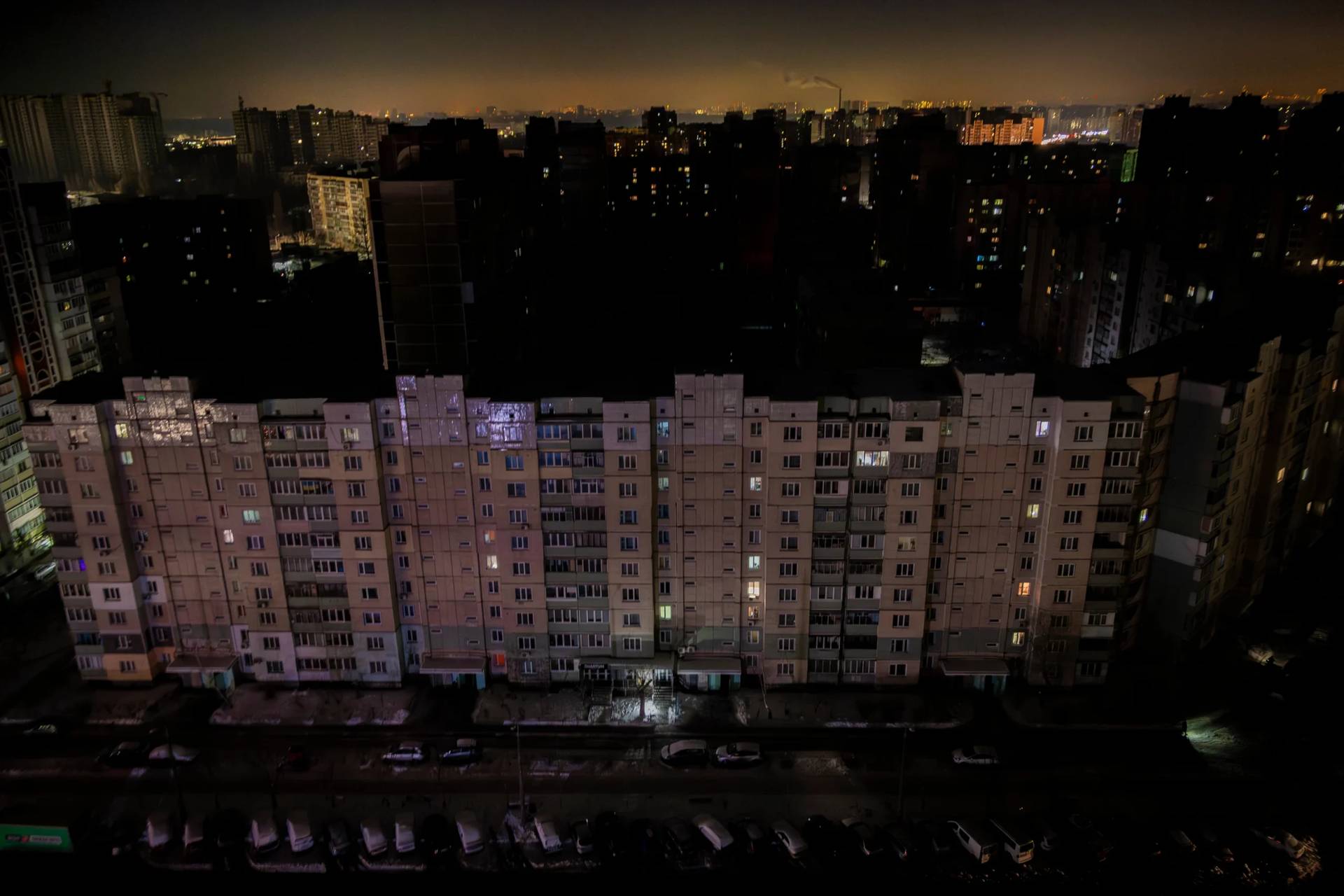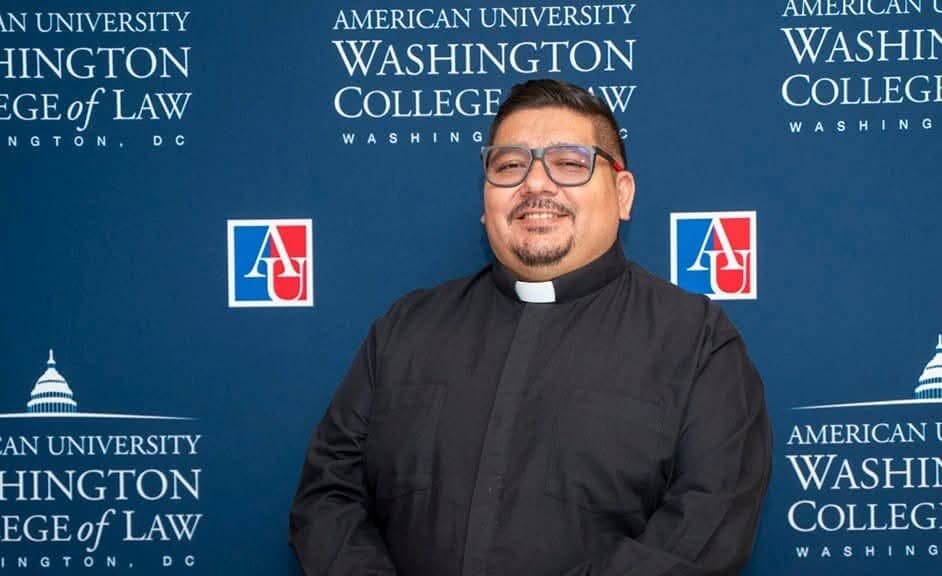WASHINGTON, D.C. — Advocates for Haitians in and outside of the troubled nation are asking for immigration relief for those fleeing deteriorating situations in Haiti that include violence, high unemployment and poverty, as well as an unstable political situation.
During a Dec. 7 Zoom call with Haitians, members of Congress, a former special envoy and faith leaders, some called on the Biden administration to consider the plight of those fleeing.
“We’re definitely disturbed with the ongoing deportation of dads, moms and kids that are sent back to Haiti, particularly as we know the instability and insecurity (in Haiti),” said pastor Keny Felix, of Bethel Evangelical Baptist Church in Miami Gardens, Florida.
The pastor, who tended to Haitian migrants stranded in Del Rio, Texas, earlier this year, was one of several participants on a call sponsored by Faith in Action, a national community organizing network for people of faith.
Citing problems of past governments backed by the U.S., faith leaders such as Felix and Father Yves Geffrard, of Notre Dame Catholic Mission in Fort Pierce, Florida, joined those urging the Biden administration to change its approach to Haiti and support a broad civil society-led transition to democracy.
The call included Congressman Andy Levin, D-Mich., of the U.S. House Haiti Caucus, as well as Daniel Foote, former U.S. special envoy to Haiti, who resigned in September over what he called the “inhumane, counterproductive” decision to deport Haitians at the U.S. border.
Participant Florcie Tyrell, of the Ecumenical People’s Organization for the Development of the Northeast, known by its French initials as OPODNE, said the situation “is really complex.” OPODNE is an affiliate of Faith in Action in Haiti.
She painted a dystopian landscape of Haiti, where “everybody does whatever they want,” rife with fuel shortages, children who no longer go to school, rampant crime and unemployment, hunger and a place where leadership is badly needed.
In July, Haiti’s embattled president, Jovenel Moïse, who was facing protests and calls to step down, was assassinated at home, leaving a power vacuum and an even more disjointed political landscape.
The situation was pretty bad back then, with rampant kidnappings and widescale gang control of the country, as well as complaints by the populace with the lack of basic services. But it has gotten much worse, participants on the call said.
“It’s crumbling,” said Jean Andre Victor, an agronomist and member of the Citizens’ Commission for a Haitian Solution to the Crisis, who participated in the event. “People are leaving the country and you cannot continue to deport people (to) the country when they are leaving (it).”
Victor said the economic “growth of the country has gone negative” for three years in a row and “there is no work, and that forces people to pull toward delinquency.”
The participants on the Zoom call spoke of the unjust treatment of Haitians fleeing those conditions and how they were treated after seeking asylum at the U.S.-Mexico border and the need to do something about it.
Just ahead of President Joe Biden’s Summit for the Democracy Dec. 9 and 10, they called on his administration to rethink its policy approach to Haiti and to pivot from cooperation with political leaders linked to dubious interests just because they back the U.S. in other regional matters, and to support civil society leaders instead.
But they also urged a different approach on immigration matters given the gravity of the situation on the ground in Haiti.
Pastor Dieufort J. Fleurissaint, of Haitian Americans United in Massachusetts, who has advocated for Temporary Protection Status for Haitians in the U.S., said the “broken conditions” in Haiti impoverish families in their native country as well as those in the U.S. who are desperate to help them.
“The stories are endless and gut-wrenching,” he said.
On Aug. 16, the Department of Homeland Security announced that, because of new dire circumstances, TPS for Haiti was designated for 18 months, effective Aug. 3, 2021, through Feb. 3, 2023. Eligible Haitians must have continuously resided in the United States since July 29 of this year and have been continuously physically present in this country since Aug. 3.
Organizations, not the government, are providing medical care, food, shelter and legal services for those on and off the island.
“They are stretched to the limit, as you can imagine,” Fleurissaint said.
He called for an end to all deportation flights to Haiti, to release all Haitians from immigration detention centers and for the U.S. to grant humanitarian relief for all Haitians in the United States.
“Because they cannot go back to Haiti,” he said.













